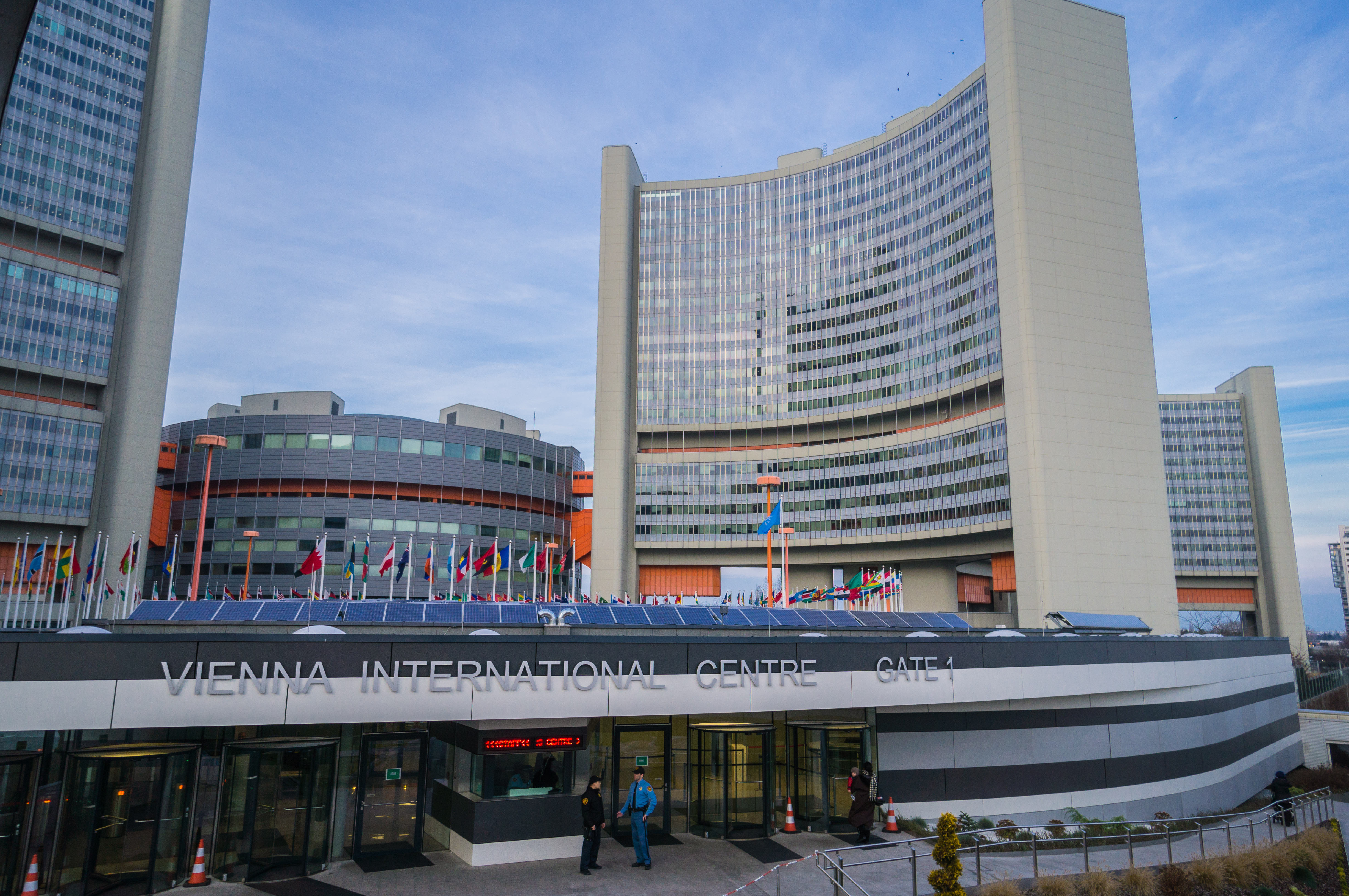The Montreal Protocol is one of the most successful environmental treaties ever created. Signed in 1987, its true impact – halting and then reversing the disappearance of the world’s ozone layer – has become clear only decades later. Last month, buried deep beneath a breathless global news cycle, a new and potentially historic environmental agreement was discussed at a meeting of the UN Convention Against Transnational Organised Crime for the first time.
Three decades ago, faced by the predicted collapse of the Ozone layer, nations came together to take decisive, ambitious and historic environmental action. 197 countries have now participated in the Montreal Protocol, resulting in the phase out of 99 percent of ozone-depleting chemicals. In doing so, this multilateral action averted the likely destruction of the Earth’s natural ultraviolet shield, hundreds of millions of additional skin cancer cases, an estimated 25% global temperature rise and a suite of associated climatic extremes – hurricanes, floods and droughts.
This year, the global economy was brought to its knees by a catastrophe associated with humanity’s relationship with nature. The unfolding crisis has demonstrated that the functioning and flourishing of human society – our economy, our wellbeing, our daily freedoms – is inextricably linked to our natural environment. Directly implicated in the emergence of COVID-19 is the illegal, unregulated or poorly regulated capture, transport and consumption of wildlife. And yet crimes against the living world, egregious in their impact, currently proliferate at an extraordinary and accelerating scale. Estimated at a true cost of $1-$2 trillion annually, these crimes are root causes of corruption, insecurity and poverty and have devastating impacts on entire ecosystems, including their ability to combat climate change. As with the vital regulatory function of the ozone layer, the web of life contributes to a fragile equilibrium within which human life and planetary functioning is sustained.
Last month, at an event surrounding the tenth session of the Conference of the Parties (COP) to the UN Convention against Transnational Organized Crime (UNTOC), a specific solution – a fourth Protocol on wildlife crime under UNTOC – was discussed in the margins of the meeting, through an official (virtual) side event. Despite the lack of fanfare, this Protocol would, if adopted, do something remarkable: embed wildlife crimes in the international criminal law framework for the first time. It would establish as a criminal offence the illicit trafficking of any whole or part of a wild animal or plant, whether alive or dead, in violation of an applicable international agreement or any domestic or foreign law. It would also demonstrate unequivocal recognition by States Parties of the devastating scale, nature and consequences of such crimes, of the need to scale up collaborative efforts to prevent and criminalize them whilst providing a targeted means to do so.
The World Economic Forum recently reported evidence showing that preventing this pandemic would have been 500 times cheaper than the cost of fighting it – through measures such as reducing deforestation and more adequately addressing wild meat trade. As leaders search for solutions, and as the call for action grows louder from citizens, bold international action on wildlife crimes lights one important path forward. As with the birth of the Montreal Protocol, this proposal presents nation States with the opportunity to come together to tackle a clear, collective threat. It is now up to State leaders – and the citizens calling for action behind them – to demonstrate the political will.
Of course, achieving this goal will be far from simple. The virtual meeting rooms in which this was discussed last week pull back the curtain on a challenging process. But complexity does not obviate need, a long road does not remove the need for a determined first step: it is obvious that we can no longer accept the risks that have brought us to where we are today. States must have the courage and foresight of their forebears in the 1980s, when now confronted with a devastating ecological rather than chemical threat. They must recognise the dire and accelerating risks of wildlife crimes and explicitly add their voices to the growing call for the development and signing of a dedicated wildlife crime agreement, though a Protocol under the UNTOC.
As past successes such as the Montreal Protocol, as well as current global efforts on a COVID-19 vaccine, demonstrate remarkable and rapid progress is possible when collective action is applied. The third week in October 2020 may have passed by with relative quiet, but a starting gun was fired that may yet echo through the decades to come.

Martin R Stuchtey is the co-founder of SYSTEMIQ.

Douglas Flynn is a leader within SYSTEMIQ’s land use practice, with a focus on biodiversity and landscape conservation, and a representative Steering Group member for The Global Initiative to End Wildlife Crime.

